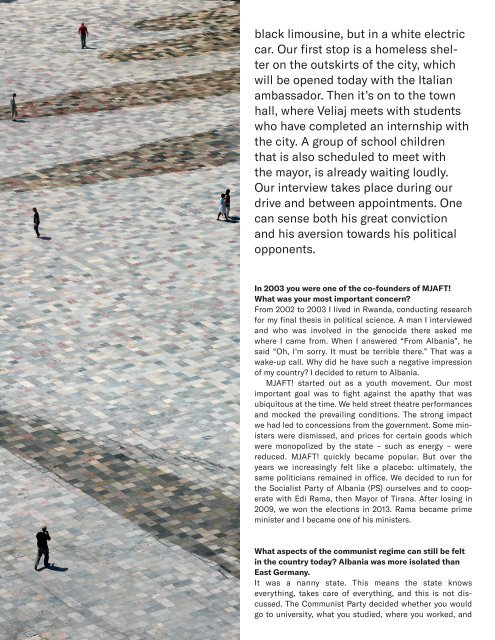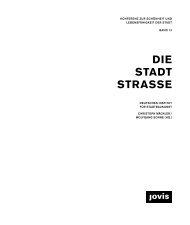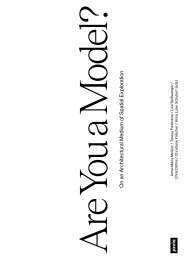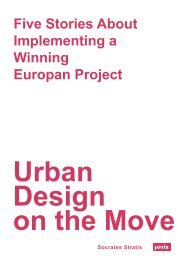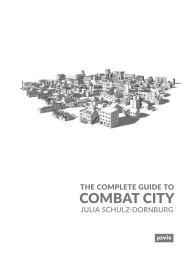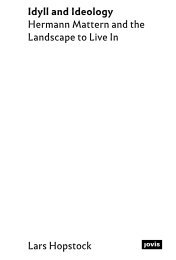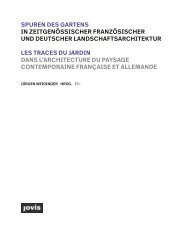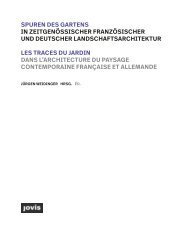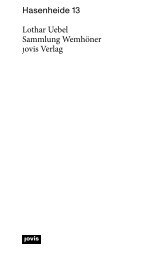Fast Forward
ISBN 978-3-86859-857-5
ISBN 978-3-86859-857-5
Create successful ePaper yourself
Turn your PDF publications into a flip-book with our unique Google optimized e-Paper software.
lack limousine, but in a white electric<br />
car. Our first stop is a homeless shelter<br />
on the outskirts of the city, which<br />
will be opened today with the Italian<br />
ambassador. Then it’s on to the town<br />
hall, where Veliaj meets with students<br />
who have completed an internship with<br />
the city. A group of school children<br />
that is also scheduled to meet with<br />
the mayor, is already waiting loudly.<br />
Our interview takes place during our<br />
drive and between appointments. One<br />
can sense both his great conviction<br />
and his aversion towards his political<br />
opponents.<br />
In 2003 you were one of the co-founders of MJAFT!<br />
What was your most important concern?<br />
From 2002 to 2003 I lived in Rwanda, conducting research<br />
for my final thesis in political science. A man I interviewed<br />
and who was involved in the genocide there asked me<br />
where I came from. When I answered “From Albania”, he<br />
said “Oh, I’m sorry. It must be terrible there.” That was a<br />
wake-up call. Why did he have such a negative impression<br />
of my country? I decided to return to Albania.<br />
MJAFT! started out as a youth movement. Our most<br />
important goal was to fight against the apathy that was<br />
ubiquitous at the time. We held street theatre performances<br />
and mocked the prevailing conditions. The strong impact<br />
we had led to concessions from the government. Some ministers<br />
were dismissed, and prices for certain goods which<br />
were monopolized by the state – such as energy – were<br />
reduced. MJAFT! quickly became popular. But over the<br />
years we increasingly felt like a placebo: ultimately, the<br />
same politicians remained in office. We decided to run for<br />
the Socialist Party of Albania (PS) ourselves and to cooperate<br />
with Edi Rama, then Mayor of Tirana. After losing in<br />
2009, we won the elections in 2013. Rama became prime<br />
minister and I became one of his ministers.<br />
35<br />
What aspects of the communist regime can still be felt<br />
in the country today? Albania was more isolated than<br />
East Germany.<br />
It was a nanny state. This means the state knows<br />
everything, takes care of everything, and this is not discussed.<br />
The Communist Party decided whether you would<br />
go to university, what you studied, where you worked, and


